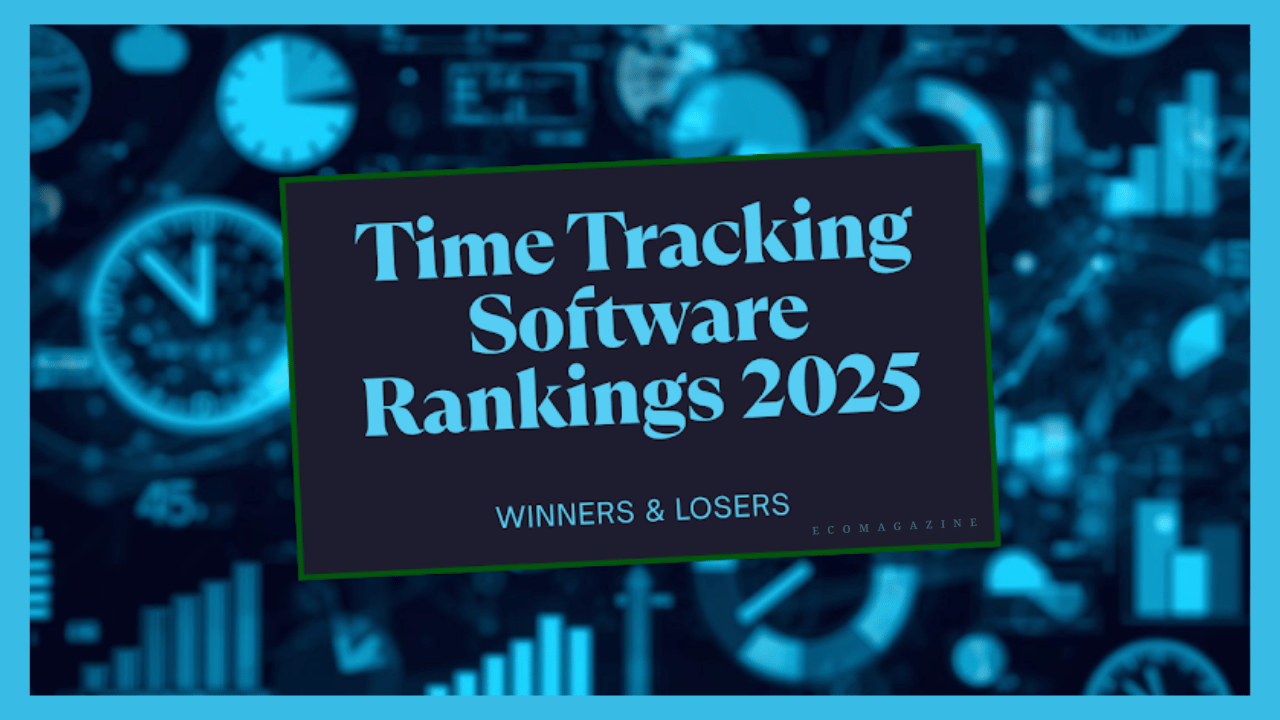In today’s dynamic business environment, AI-driven supply chain optimization stands as a cornerstone, reshaping the logistics and supply chain industry. Its transformative capabilities are revolutionizing traditional practices, propelling companies towards unprecedented efficiencies and optimizations in how goods move across the global supply network.
Demand Forecasting and Inventory Optimization:
AI-powered predictive analytics algorithms analyze historical data, market trends, and external factors to forecast demand accurately. This enables companies to optimize inventory levels, reducing excess stock while ensuring products are available when and where they’re needed, ultimately minimizing costs and maximizing efficiency.
Route Optimization and Logistics Planning:
AI algorithms optimize delivery routes, considering variables such as traffic conditions, weather forecasts, and delivery schedules. This optimization leads to reduced transportation times, lower fuel consumption, and improved overall logistics efficiency, benefiting both businesses and customers.
Warehouse Automation and Robotics:
AI-driven robotics and automation systems streamline warehouse operations, enhancing picking, packing, and sorting processes. These systems improve order accuracy, increase speed, and reduce labor costs, transforming warehouses into highly efficient hubs of operation.
Supply Chain Visibility and Transparency:
AI-powered analytics provide real-time insights into the entire supply chain, enabling companies to track shipments, monitor inventory levels, and identify potential bottlenecks or disruptions. This visibility ensures proactive decision-making and better risk management across the supply chain.
Last-Mile Delivery and Customer Experience:
AI enhances last-mile delivery by optimizing delivery schedules and routes for faster and more cost-effective deliveries. Furthermore, chatbots and AI-driven customer service tools improve customer experiences by providing real-time updates and personalized support.
Sustainability and Green Logistics:
AI plays a crucial role in enabling sustainable practices within logistics and supply chains. By optimizing routes and reducing idle times, AI helps minimize carbon footprints and supports environmentally friendly logistics operations.
Integration of IoT and Sensors:
AI leverages IoT devices and sensor data to provide real-time insights into the condition and location of goods during transit. This information ensures the integrity of perishable goods, enhances security, and enables proactive maintenance of transportation assets.
Ethical Considerations and Data Security:
As AI becomes more integrated into logistics, ensuring data privacy, ethical use of AI, and cybersecurity measures becomes paramount. Companies must prioritize secure data handling and ethical AI deployment to maintain trust and integrity.
Future Outlook:
The continual evolution of AI in logistics and supply chain management promises further advancements. Collaborations between tech innovators, logistics companies, and policymakers will drive innovation, fostering the development of AI-driven solutions that optimize operations and create more resilient supply chains.
In conclusion, AI’s integration into logistics and supply chain management is reshaping the industry’s landscape, optimizing operations, enhancing efficiency, and improving customer experiences. As AI technology advances, its responsible deployment and ethical considerations will be critical in harnessing its full potential to drive innovation and redefine the future of logistics.



